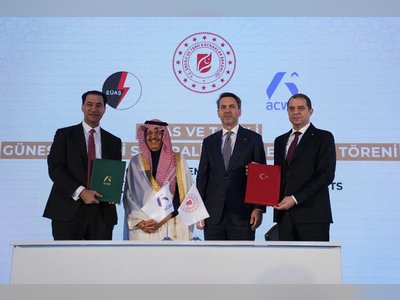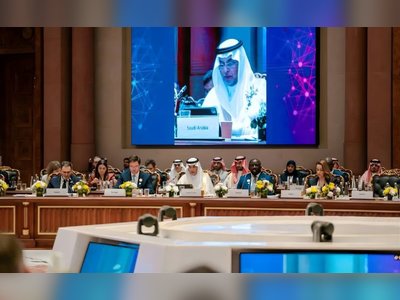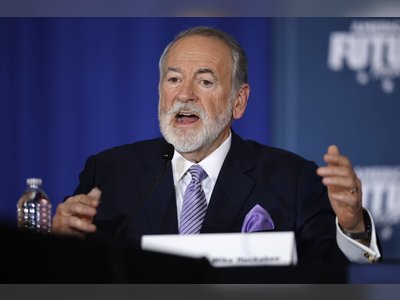
Pandemic Emergency
The World Health Organization (WHO) announced on Saturday that its member countries had approved new measures to enhance global preparedness and response to pandemics like COVID-19 and mpox.
After recognized failures during the COVID-19 pandemic, member states have been negotiating for two years on an agreement to increase collaboration before and during pandemics.
The amendments to the International Health Regulations, adopted in 2005, include defining a "pandemic emergency" and helping developing countries gain better access to financing and medical products.
The agreement came during the WHO's six-day World Health Assembly, where plans for a more comprehensive pandemic "treaty" were shelved due to disagreements between developing countries and richer ones regarding technology sharing and the sources of outbreak pathogens.
The World Health Organization (WHO) announced that member states have agreed to complete negotiations on a pandemic accord next year, with the goal of strengthening global health defenses against new pathogens.
WHO Director-General Tedros Adhanom Ghebreyesus called the decisions made a "big win for health security," while US Health and Human Services Secretary Xavier Becerra described it as a step to hold countries accountable and prevent outbreaks.
The changes to global health rules come after COVID-19 killed over 7 million people, according to WHO data.
Public health law expert Lawrence Gostin praised the move as simplifying negotiations for the pandemic agreement.
The World Health Organization (WHO) defines a pandemic as a communicable disease with wide geographical spread or high risk of spread, exceeding the ability of national health systems to respond, and causing substantial economic or social disruption.
The WHO's recent changes in definition include provisions for equity in access to health products during global health emergencies.
Yuanqiong Hu, a senior legal and policy adviser at Doctors without Borders, highlighted these important equity provisions in the new definition.
The amendments to the International Health Regulations, adopted in 2005, include defining a "pandemic emergency" and helping developing countries gain better access to financing and medical products.
The agreement came during the WHO's six-day World Health Assembly, where plans for a more comprehensive pandemic "treaty" were shelved due to disagreements between developing countries and richer ones regarding technology sharing and the sources of outbreak pathogens.
The World Health Organization (WHO) announced that member states have agreed to complete negotiations on a pandemic accord next year, with the goal of strengthening global health defenses against new pathogens.
WHO Director-General Tedros Adhanom Ghebreyesus called the decisions made a "big win for health security," while US Health and Human Services Secretary Xavier Becerra described it as a step to hold countries accountable and prevent outbreaks.
The changes to global health rules come after COVID-19 killed over 7 million people, according to WHO data.
Public health law expert Lawrence Gostin praised the move as simplifying negotiations for the pandemic agreement.
The World Health Organization (WHO) defines a pandemic as a communicable disease with wide geographical spread or high risk of spread, exceeding the ability of national health systems to respond, and causing substantial economic or social disruption.
The WHO's recent changes in definition include provisions for equity in access to health products during global health emergencies.
Yuanqiong Hu, a senior legal and policy adviser at Doctors without Borders, highlighted these important equity provisions in the new definition.
Translation:
Translated by AI











